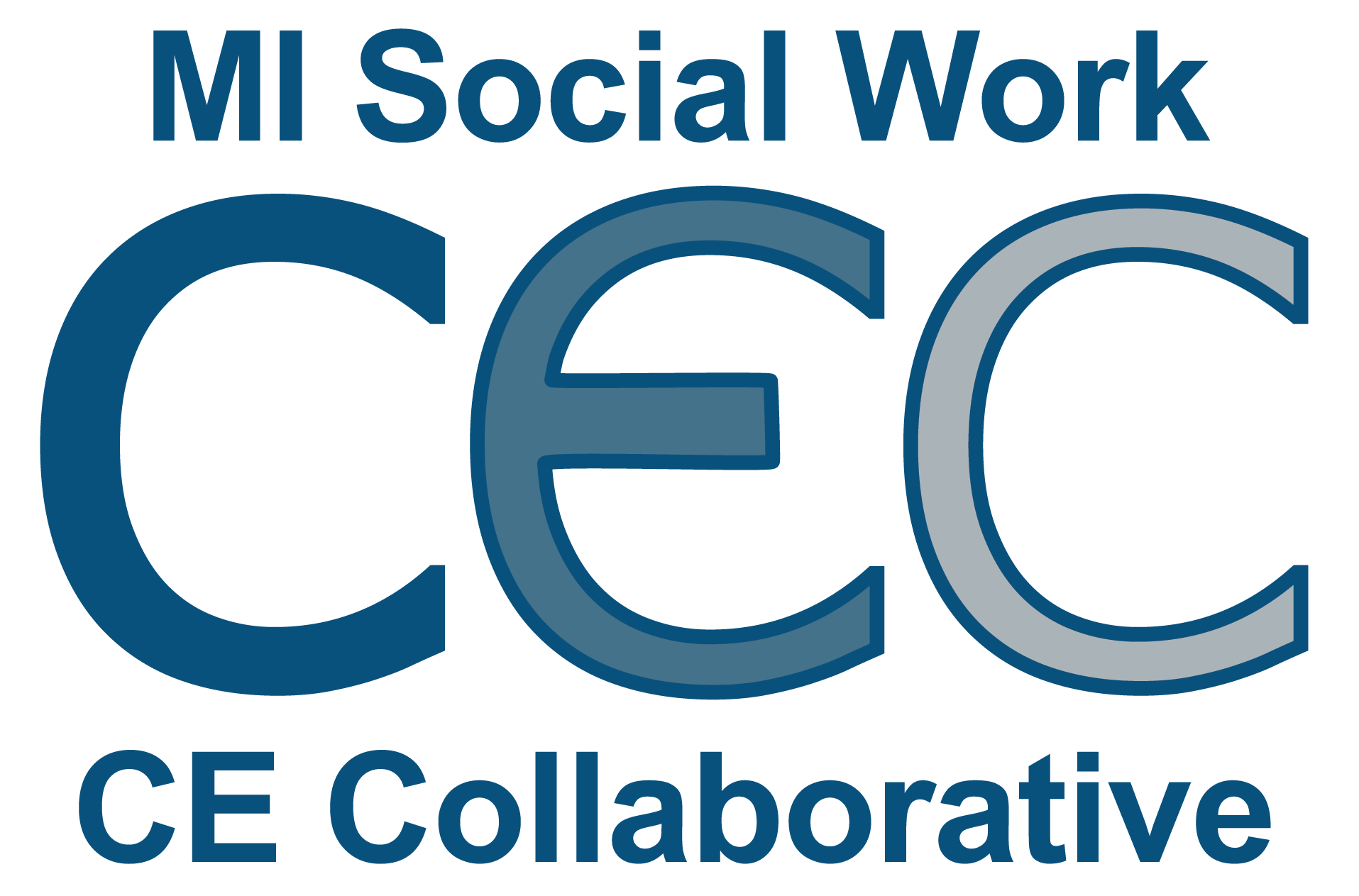Course Description:
8 week program
Part 1: This program area will welcome participants to the MMR CE program and introduce mixed methods research to them. Research ethics and values are important for the responsible conduct of research and so in the components of this program area, participants will learn about the nature of research ethics as it pertains to macro social work and other applied professions. We will begin with a history of research ethics with topics ranging from the Nuremberg Code and the Belmont Report, to the U.S. Public Health Service syphilis study carried out in Tuskegee, Alabama. Next, we will briefly cover theoretical frameworks and the advantages of using theory for mixed methods research and practice in social work. Participants will be challenged to view the research process through a culturally sensitive lens. Finally, participants will have an opportunity to think about the implications for how the research we conduct with underserved and underrepresented groups influences what we learn from these groups. Part 2: This program area will cover the basics for how to design a mixed methods research study. We will begin by discussing how to develop research questions, then we will cover mixed methods language and notation, and then we will discuss choosing a mixed methods design. The research question is one of the most important aspects of any research project. It influences subsequent aspects of the project. In this program area, participants will be guided through how to develop a research question based on theirphenomenon of interest. This is important because researchers make decisions about whether they will use qualitative, quantitative, or mixed methods after finalizing their research question. Communicating research designs throughout various stages of the planning, implementation, evaluation, and reporting of the project will also be covered. Then, this program area will cover transformative mixed methods, which are germane to the social justice lens of the social work profession. Part 3: This program area will cover collecting data in mixed methods research. We will begin by discussing how to decide on the data collection needed to address certain research questions. Next, participants will be guided through how sampling plans are developed and recruitment strategies are made. Then, various qualitative and quantitative data collection methods will be discussed and presented in the context of their contribution to a mixed methods study. For example, qualitative data can access a phenomenon more directly than what is possible with formal, questionnaire-based measurements in part because pre-established questions are
